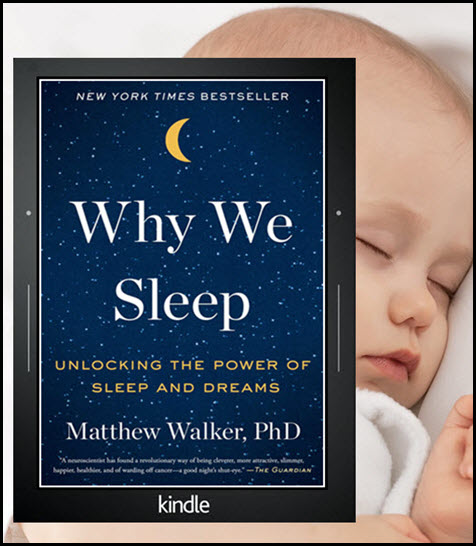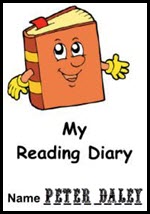MAY TO AUGUST

Note: As an Amazon Associate I earn from qualifying purchases via the Amazon links included below.
19. May began with me reading Micheal Crichton’s The Andromeda Strain (1969) having just begun it the previous afternoon. The decision to read it came from learning that Daniel H. Wilson is working on a sequel, The Andromeda Evolution, that is due out in November. I finished it the morning of Friday May 2. I’m now quite excited for the sequel.
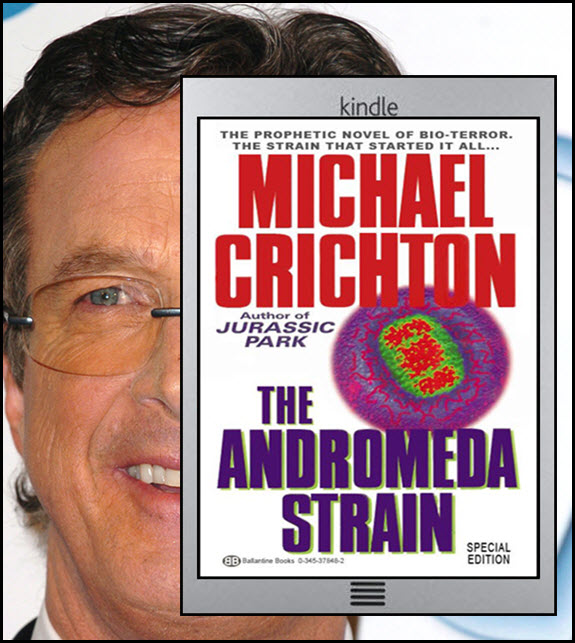
20. Next, I finally turned to Red Moon (2018), Kim Stanley Robinson’s latest. Before its release, it was a book I thought I would read straight away, but for some reason once it was published, the urge to start it disappeared for about six months. I just saw that it received mix reviews, but I’ve loved many of his other books and I don’t really care much about the opinions of others especially when it comes to my favorite authors. I was right to ignore the negative reviews. I finished Red Moon the evening of May 15. It was slow in parts, but I enjoyed reading those slower parts, and the pace certainly quickened near the end. I loved the characters as well.
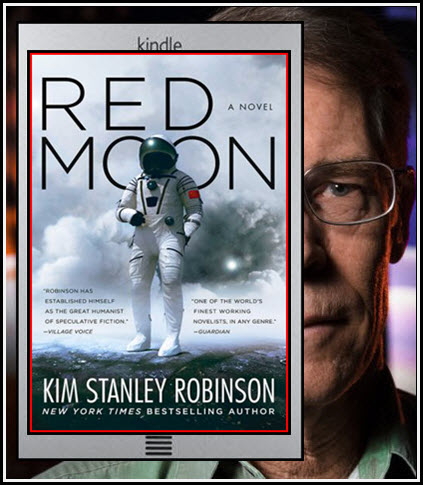
21. One of the best books I read last year was Adrian Tchaikovsky’s Children of Time (2015). Its sequel, Children of Ruin (2019), was just released and from the first page I was captivated. I finished it the morning of May 21, and I remained in that captivated state throughout the rest of the book. May there be another in the series and another and another.
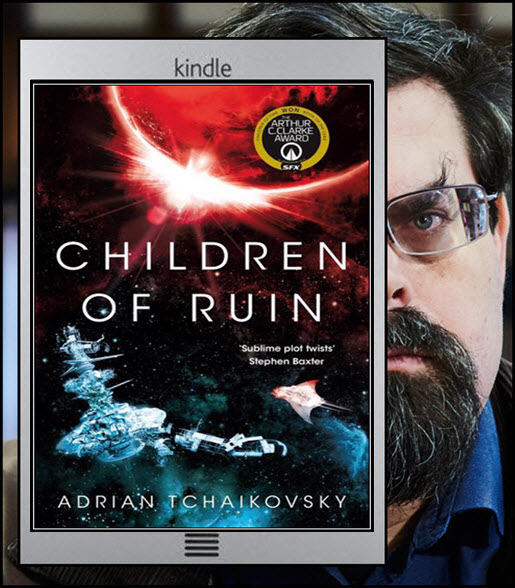
22. The day after the last Game of Thrones episode aired, I decided to browse a couple of early chapters of the first book, A Game of Thrones (1996). Last year, I reread the prologue and the first chapter. This time, I skipped the prologue and read chapter 2 and then chapter 1. I didn’t plan on reading the whole book again, but I found I was enjoying it enough to not want to stop. It’s quite fascinating to revisit the book after having read the rest eight years ago and after having watched the TV series and to catch early references to characters, locations, and historical events as the world of Westoros slowly expands with each page. I also reread the fifth and latest book, A Dance with Dragons (2011) in 2014, two years after I had first read it. I then read about half of the fourth book, A Feast for Crows (2005). At some point I also reread all the first book’s Daenerys Targaryen chapters as they pretty much tell a self contained story. I don’t know how far I’ll go with this rereading, but for now I’m really enjoying the first book. I finished it the afternoon of May 29, and I had forgotten how much I enjoyed that first book. The second book, A Clash of Kings (1998) is now back on my books-to-read list.
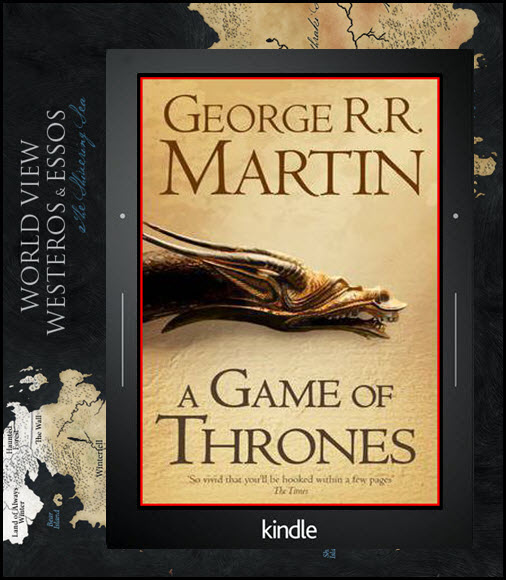
23. A new Jack Reacher short story was next. Cleaning the Gold (2019) is a collaborative effort with Karin Slaughter, author of the Will Trent series of crime novels. I had never heard of that series nor its author until now. I finished it the early hours of May’s last day. It finished rather abruptly and seems to be the start of a series or at least part one of two parter.
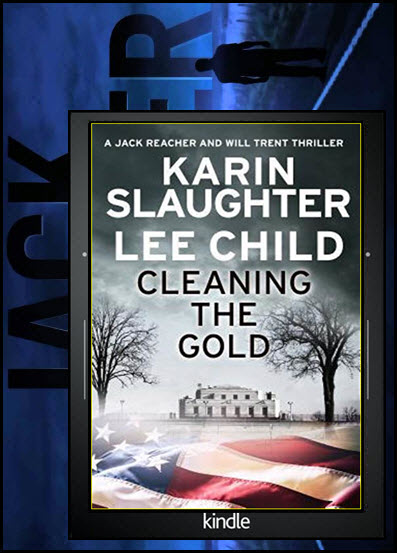
24. More science fiction from the prolific pen of Adrian Tchaikovsky was next. Walking to Aldebaran (2019) is his third new book this year. I finished it on the first day of June, reading the last 45% of it on one sitting. It was a pretty short novel, and reading it in that session was really just me procrastinating. It was a fun read though and it had an entertaining twist. I don’t think a sequel is likely, but I would read one if one were to be written as either a direct sequel or a telling of the story through the eyes of different characters. There is certainly scope to explore the same story through different characters.
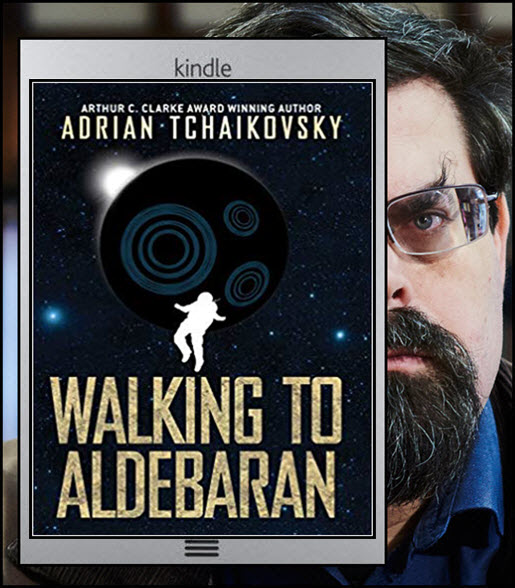
25. More science fiction was next from an author new to me. The Calculating Stars (2018) by Mary Robinette Kowal won the Nebula Award for best novel. The premise sure sounded interesting: a meteorite strikes the earth in the 1950s. The resulting climate change will soon make the earth uninhabitable; thus, colonization of the solar system becomes an absolute necessity. The first few pages told me I would enjoy this and its sequels, and I read the rest of the book in good time despite wrapping up the marking of over 100 homework paragraphs and essays. I finished The Calculating Stars just past midnight as June 8 began. After waking at a respectable hour, I read a few related short stories on the author’s website: “We Interrupt This Broadcast”, “Amara’s Giraffe”, and “Articulated Restraint”.
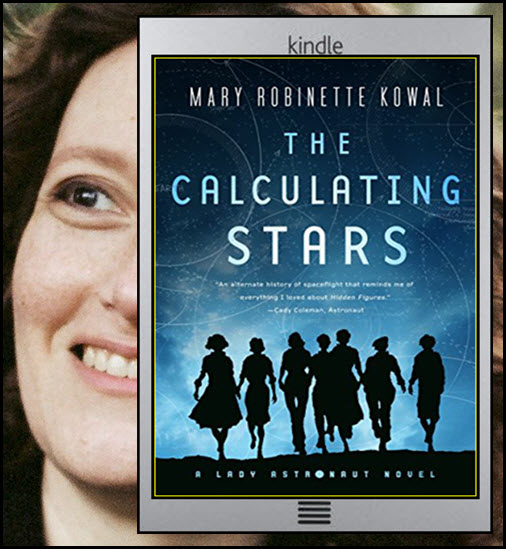
26. It took me most of the day (Saturday, June 8) to decide what to read next. I thought about continuing The Lady Astronaut saga with The Fated Sky (2018), but I decided to save that for later. After reading glowing reviews, I finally settled on Spiderlight (2016), another Adrian Tchaikovsky novel. As I type this, I have yet to read a page, but I am sure I’m in for a treat even though I absolutely hate spiders. By Monday evening (June 10), I was 64% through it, and – I know I say this a lot – I am loving this book, especially one of the main characters who is quite a unique fish out of water. It’s quite humorous in parts as well with some lines that for all intents and purposes made me laugh. I’d finish it tonight if I didn’t have so many exams to grade. I finished it the next night, but I really should have been grading exams.

27. “The Lady Astronaut of Mars” (2013) by Mary was next. It’s the first story written in the alternative history that is the Lady Astronaut series of short stories and novels. Being a short story, I read it in one sitting. It provided a very moving glimpse of the future that awaits the young couple introduced in The Calculating Stars.
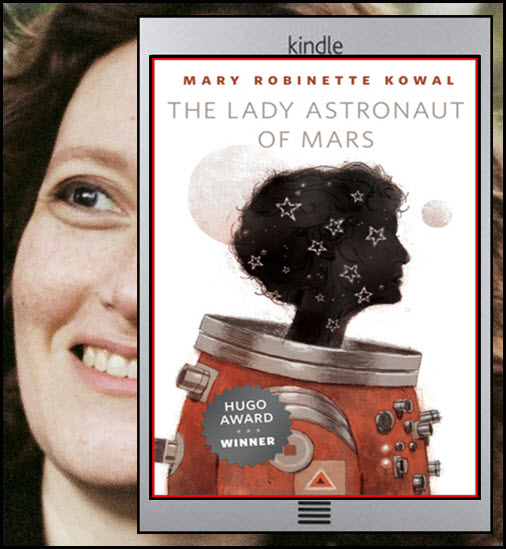
28. Next up is The Hive (2019), the long awaited sequel to The Swarm (2016), the first book in the second trilogy of novels that tell the history of the wars that took place prior to Ender’s Game (1985). I finished on Wednesday, June 19 at about 3:15 p.m. I enjoyed that although I think I enjoyed the first prequel trilogy a little more. Still, I am looking forward to the concluding book.
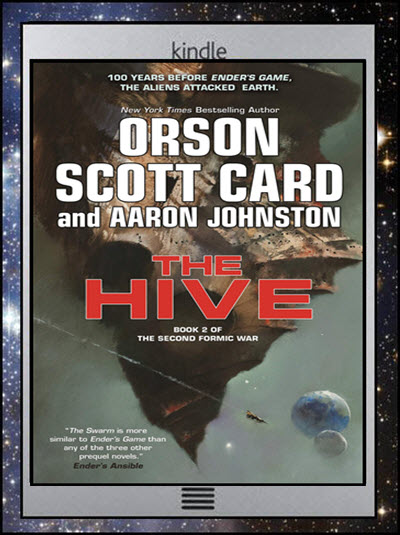
29. I then felt it was time to take a break from science fiction and return to the subject of music with two short books related to performing. First up is The Art of the Soloperformer (2000) by Steve Rapson.
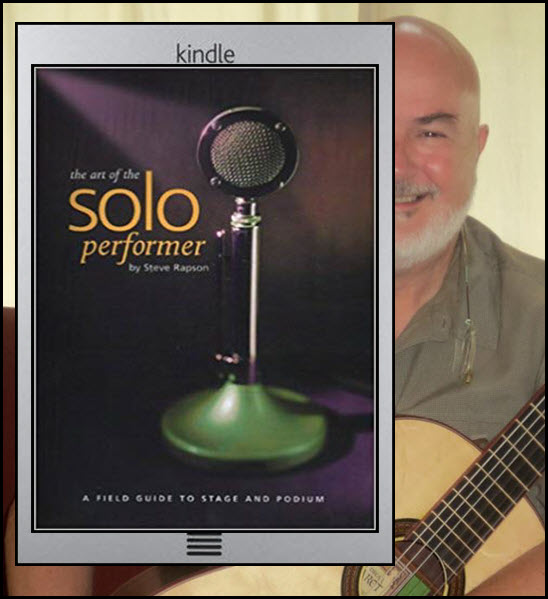
30. Then a book directly about playing guitar. I bought Howard Morgan’s Solo Guitar: Insights, Arranging Techniques, and Classic Jazz Standards (2000) to help develop my guitar playing skills, but upon a quick skim, I realized there is a wealth of written material inside that can be read away from my guitar for reading pleasure and more my own ongoing quest for more magical musical knowledge. I finished it the evening of Sunday June 23, but “finish” isn’t the right word as it’s a book that needs to be studied and studied and studied. That quick read was helpful though and gave me much food for thought.

31. The next morning, I decided it was time for another Ursula K. Le Guin novel. I went with The Telling (2000), the eighth book in her Hainish Cycle. She didn’t, however, approve of the word “cycle” as that implies a series when in fact each book is a stand alone novel set in the same universe. Today (Monday, June 24), marks the start of my summer vacation, and that means there’s lots of reading action coming up. Through no fault of the book, it took me a while to get into it. I ended up reading the second chapter twice as the first time, my mind wasn’t entirely on it. That second reading did the trick and then I was once again in the safe story-telling and world creating hands of Ursula K. Le Guin. I finished it on Sunday evening in a cafe in a part of town I have not yet explored, but I feel like I just explored a whole world.
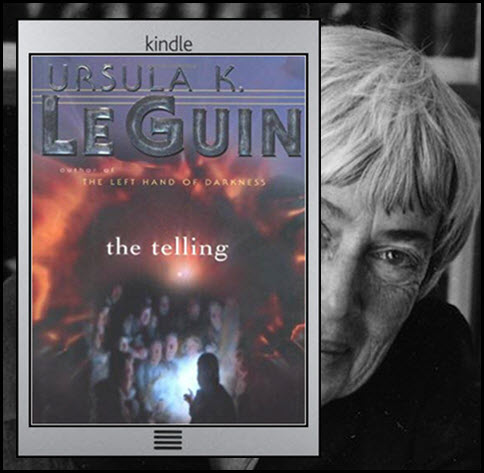
32. What’s next? I like those rare few moments between finishing a book and choosing what to read next. I soon decided on Exhalation (2019), a collection of short stories by Ted Chiang. I had soon tread the first three stories. I loved the first story and enjoyed the next two. Then I decided to save the rest for later.
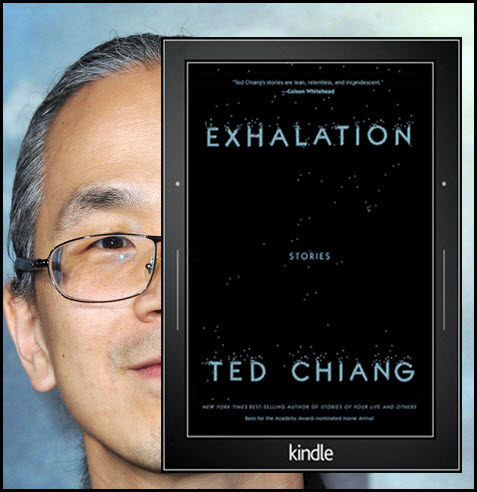
33. I then turned to Good Morning, Midnight (2016) by Lily Brooks-Dalton, a novel I only heard about last week due to its upcoming film adaption that has some heavy star power attached in the form of George Clooney, who will star in and direct the Netflix production. I read the last half in less than two days, and I finished it on July 4. That was a beautiful and touching novel.
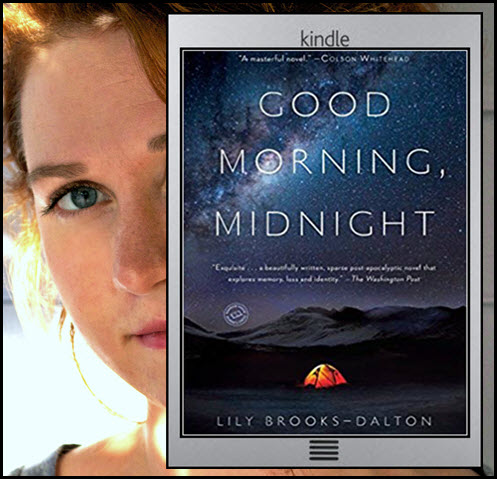
34. I then read the next two stories in Exhalation before again putting the book aside for later. I then started The Handmaid’s Tale (1985) by Margaret Atwood. It’s been a while since I have read a book about that involved cults and totalitarian regimes. The fascination remains, and it makes for a welcome change from all the recent science fiction I have read. Having said that, Good Morning Midnight and The Calculating Stars are not strictly science fiction novels; rather, they are books set in the near future and an alternative past history. There is no fiction regarding the development of science. That’s not to say I haven’t read a lot of science fiction this year. I finished The Handmaid’s Tale after work on Thursday July 11. The author sure showed a deep understanding of how people are controlled in totalitarian states and cults. The upcoming sequel The Testaments is certainly on my “books to read” list and the TV show is on my “shows to watch” list.
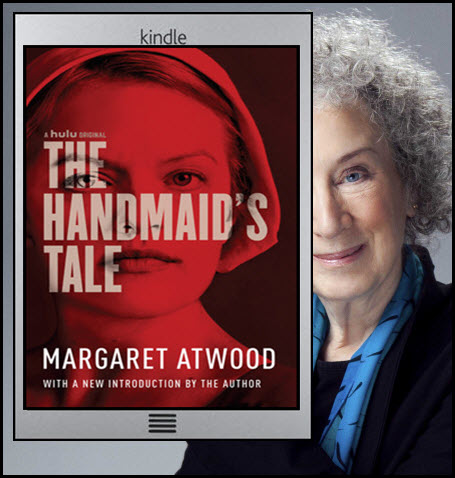
35. I finally started reading Dune (1965) immediately after finishing the above. I also spent a little time reading about the author and the impact and reputation of his Dune series. I really have no idea why I waited so long to start Dune. The only real reason is that there are plenty of other books in the Amazon jungle, and I am sometimes a little reluctant to start reading series of books with lots and lots of pages. That doesn’t put me off though, it just delays the starting. I’m about 50 pages in and am enjoying it so far as little by little I’m informed about the Dune universe and its societies, governance, history, and peoples. I finished it late Sunday night on July 21. Normally, I would have read it faster, but I’ve been working and practicing guitar a lot these past couple of weeks. It did feel at times like a book I could spend all day reading, and I kind of did that on the last day, reading the last 26% to finish it.
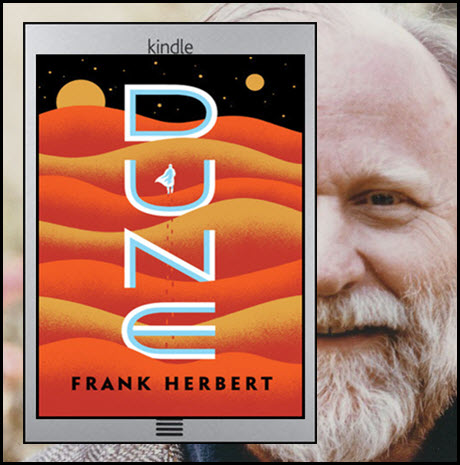
Instead of starting a new book, I decided to return to Exhalation, Ted Chiang’s collection of short stories. I finished the last story just before midnight the night of July 24. It really was a marvelous collection of thought-provoking stories.
36. Browsing my list of books to read, for some reason or reasons A Boy and His Bot (2011) by Daniel H. Wilson jumped out at me. Those reasons were probably due to me enjoying the other books I’ve read by the author and it looks like a short and enjoyable read which will make a nice change from some of the recent heavier books I’ve read. That was sweet little book for young readers. It was indeed a quick and fun read – I finished it on July 27, but I certainly would have enjoyed it more at around the age of ten.
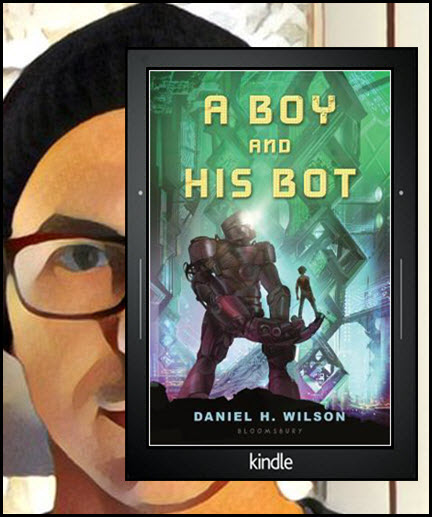
37. What to read next? The year began with me reading my first Larry Niven book, which was Convergent Series (1979). I enjoyed it enough to not cross some of his other books from my books-to-read list. Almost eight months later, it feels like time to read a second. I’m also in the mood for some short stories, so Tales of Known Space (1975) fit the bill perfectly. I read the first two stories on Saturday, and I expect to finish the rest fairly quickly even though tomorrow marks the start of another busy couple of weeks.
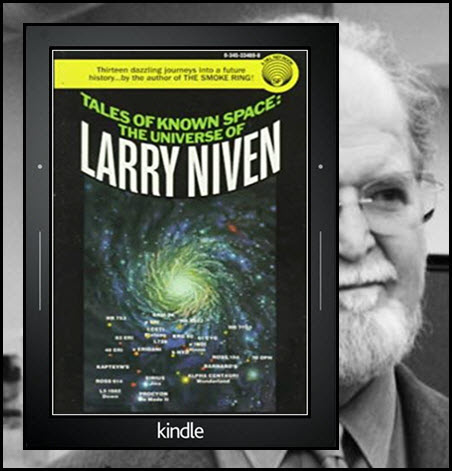
38. I read two stories from the above the next day before deciding to again read a collection of short stories in piecemeal fashion. I then picked up Dune Messiah (1970). I finished just after getting off the subway on Friday night, August 1. Well, I did enjoy it. It was full of long conversations between characters and had less action that the first. I’m not dying to read the next one, but I will read it sometime this year. I then read a few more stories from Tales of Known Space.
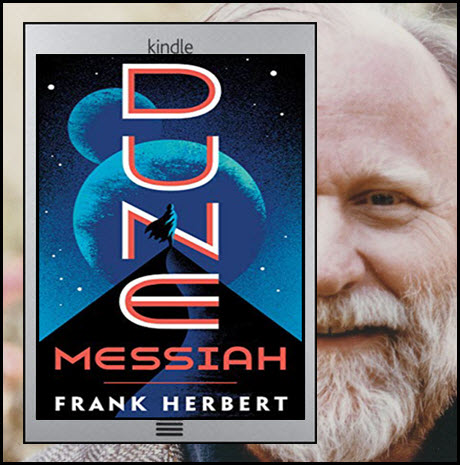
39. The next book was not surprisingly a science fiction book. The Last Astronaut (2019) by David Wellington had me hooked from page one. I read about 60% of it the next day, which was Sunday, Aug, 4.
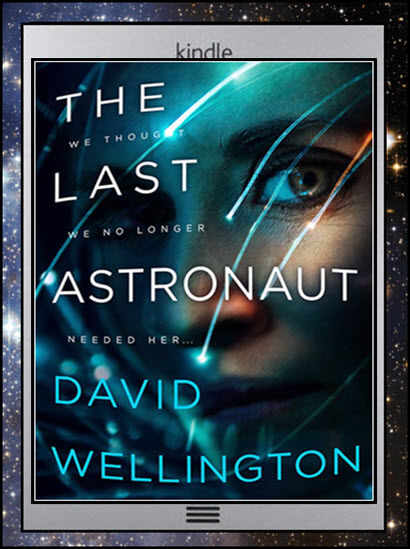
40. I then read a Jack Reacher short story by Lee Child called “Smile” (2019).
41. I then finished Tales of Known Space. Upon finishing it, I really felt it was time to read something not science fiction. I’m all sci-fied out. One Train Later (2007), the autobiography of The Police’s guitarists Andy Summers, seemed like the perfect choice. I saw The Police on their reunion tour in Melbourne on January 26, 2008. I saw Sting in Seoul in 2004, and I just got a ticket for his October 5 show also in Seoul. I’m a fan of both Sting and the guitar playing of Andy Summers. His book is sure to be interesting. I read most of it on the way back to Canberra, finishing it on the bus about two hours in. Well, I certainly have new respect for his guitar playing and musical knowledge.
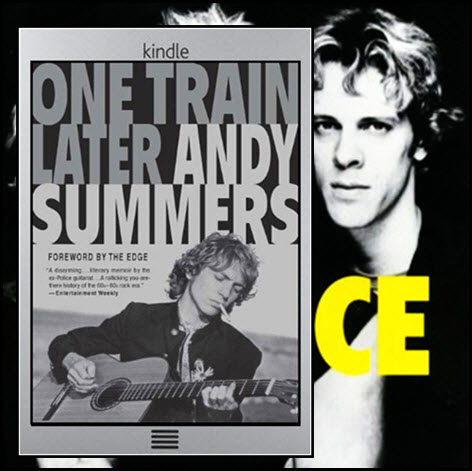
42. I don’t yet think it’s time for another science fiction book. I’ll stay on planet earth with a John Grisham book. I haven’t read one of his so far this year. I decided upon The Racketeer (2012) for no particular reason. It took me a few days to get into it because I just couldn’t find time to read, but once into it and when I did find the time, I finished the last half of it in around 30 hours. The last pages were turned on the bus from Canberra to Sydney.
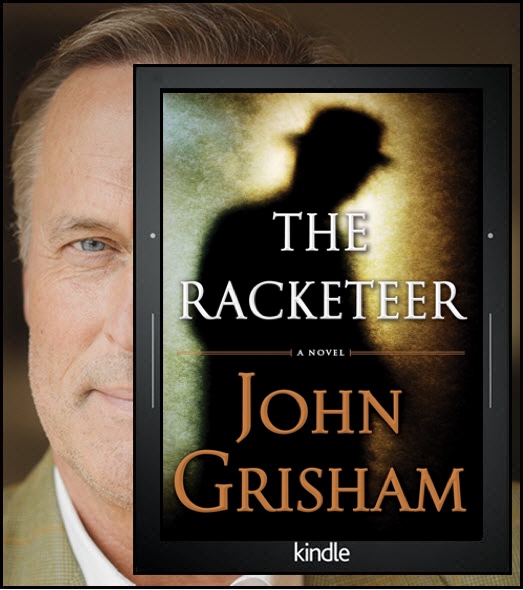
43. Continuing the break from science fiction and now fiction entirely, I began Brilliant Green: the Surprising History and Science of Plant Intelligence (2015) by Stefano Mancuso and Alessandra Viola. It’s quite a short book and it’s quite fascinating, so I was a third of the way through it the evening I started it. I finished it on the plane to Malaysia around 24 hours after I started it. A TED talk by one of the authors is embedded below.

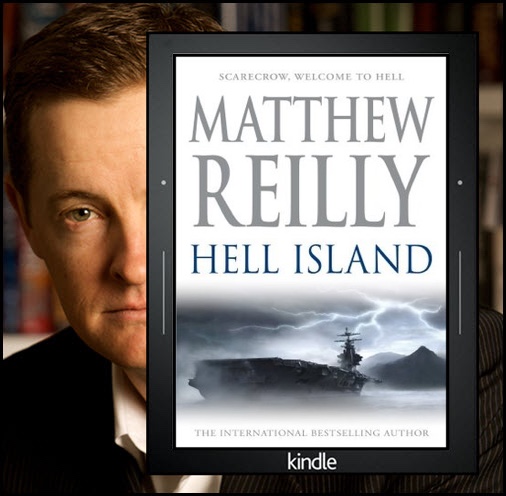
45. Mission Critical (2019) was next, a collection of short science fiction stories based on the theme of people surviving technology failing in space. While that is the connecting theme, it is also a gross over-simplification as the stories go well beyond your typical disaster-in-space scenarios. It was the inclusion of a new Peter F, Hamilton story that attracted me to the book, but like all short story collections, it provides the opportunity to experience authors for the first time. I finished the last story in bed Friday morning August 23. I wish there had of been more. I definitely now have some new authors to eventually explore.
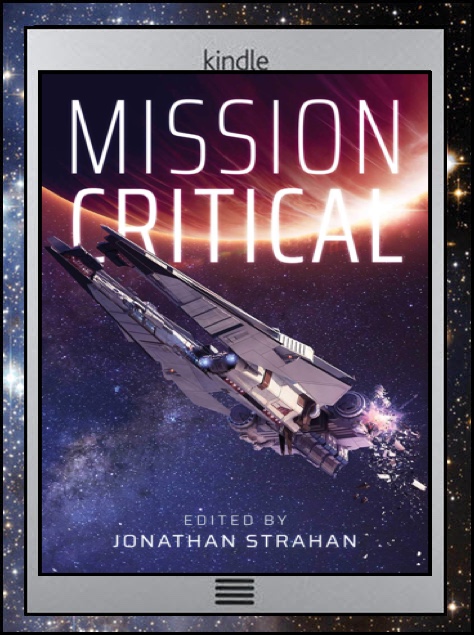
46. What’s next? At the time of typing, I have no idea, but I do quite like these in-between book moments as I consider what’s next. And the winner is The Birthdays Of The World & Other Stories (2002) by Ursula K. Le Guin. I read the preface which introduced each story, and that led me straight to the last and longest story -novella really – in the collection: “Paradise Lost”. It is the story of a generational starship sent from earth on a 200 year voyage to what will hopefully be a habitable planet. The story concerns one of the middle generations – those destined to be born and die enroute. I’m approaching the end of it now (Saturday morning at a Malaysian Starbucks), and I think it just may be my favorite Ursula K. Le Guin story. I read one more story, which was again a typical touching read, before deciding to save the rest for a little later.
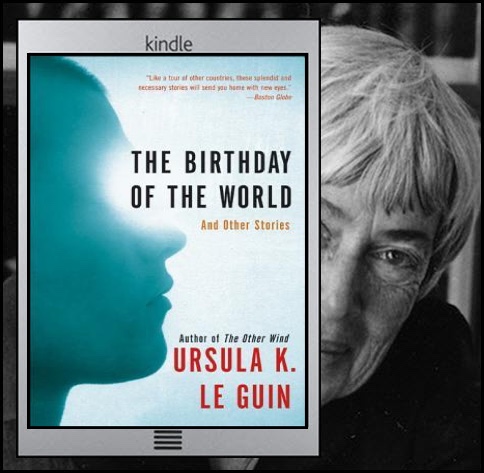
47. A walk past a little shopping mall called Fahrenheit 88 reminded me that Ray Bradbury’s Fahrenheit 451 (1953) was on my Kindle waiting to be read. I began it and was surprised at how intimate it was. This certainly won’t take long. If I can stay awake for most of the flight back to Korea, I may finish it on the plane. That didn’t happen as 7:40 a.m. is not the most convenient time to begin a flight. I didn’t sleep the night before owing to checking out of my hotel at 3 a.m. Consequently, I didn’t read much on the plane, opting for sleep instead. I finished Fahrenheit 451, my first Bradbury novel, in a cafe the next day.
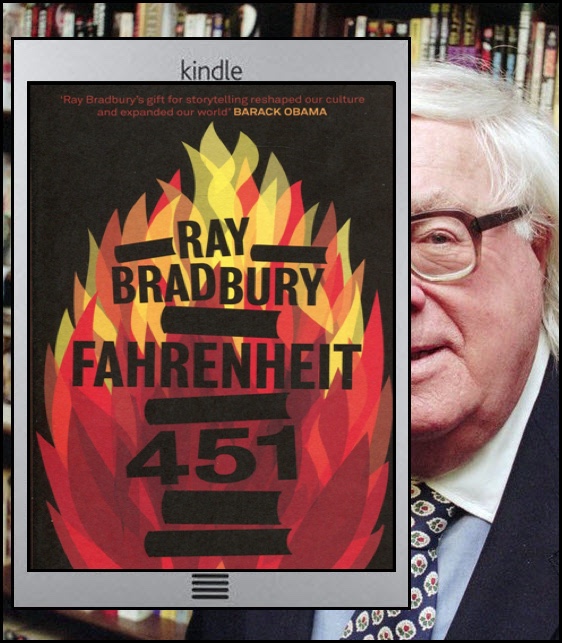
I then read a couple more stories from The Birthdays of the World and Other Stories. There are a few more left to read, but I’ll save those for a little later.
48. I’m in the mood for some non-fiction. The winning book was Why We Sleep: Unlocking the Power of Sleeps and Dreams (2017) by Dr. Matthew Walker. The topic is directly related to my interest in cults as sleep deprivation is always a part of an indoctrination process. I happened across the following video featuring the author earlier this year and immediately added his book to my reading list. It is absolutely fascinating, but after four chapters, I decided to return to The Birthdays of the World and Other Stories in order to finish it before August ends. It is just full of touching and thoughtful stories. I really should read all her novels and short stories. I finished the remaining story during the afternoon of Friday, August 30, and the returned to Why We Sleep. Thus ends this post.
